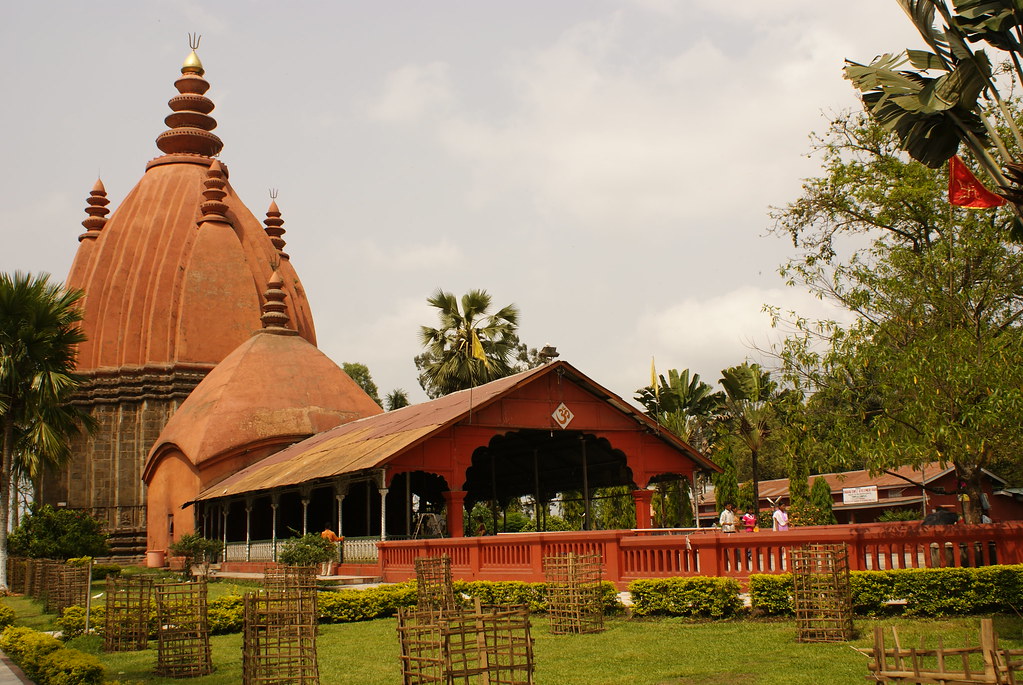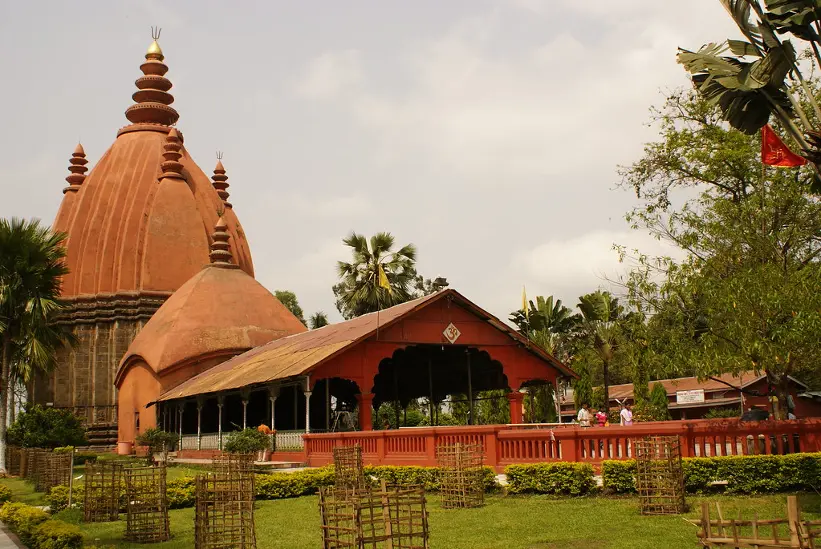Bora Saul: Assam’s Delightful Sticky Rice Tradition
Assam, known for its diverse cultural and culinary heritage, has a unique gastronomic treasure: Bora Saul, or sticky rice. This staple food is not only an ingredient but a significant cultural symbol in Assamese households, often prepared in various forms for festivals, ceremonies, and daily meals. Let's explore the richness and versatility of Bora Saul, a beloved part of Assamese cuisine.
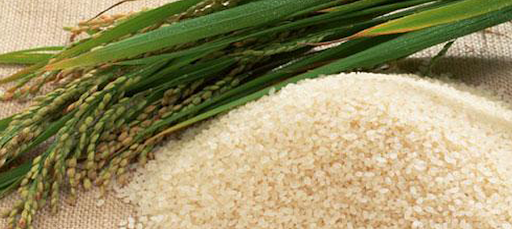
1. Understanding Bora Saul: The Unique Sticky Rice of Assam
Bora Saul is a glutinous or sticky rice variety, native to Assam. Its texture and stickiness, which comes from its high starch content, make it distinct from other rice varieties. Unlike regular rice, Bora Saul is cherished for its soft, chewy texture, which binds together easily, making it ideal for a variety of traditional Assamese dishes.
2. Cultural Significance of Bora Saul
Bora Saul is much more than just a food ingredient in Assam; it plays a role in Assamese culture, especially during celebrations and festivals. During Bihu, Assam’s most celebrated festival, Bora Saul becomes an essential ingredient for preparing traditional sweets like pitha (rice cakes). The rice holds a special place in rituals and is often considered auspicious, symbolizing abundance and prosperity.
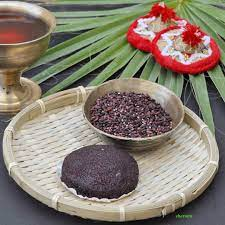
3. The Culinary Diversity of Bora Saul
One of the most appealing aspects of Bora Saul is its versatility. Here’s a look at the various traditional dishes made with this unique rice:
- Pithas: Bora Saul is used to make various types of pithas, a traditional Assamese rice cake. Til Pitha (a roll filled with sesame seeds and jaggery) and Ghila Pitha (a fried sweet rice cake) are especially popular and are often served during festivals.
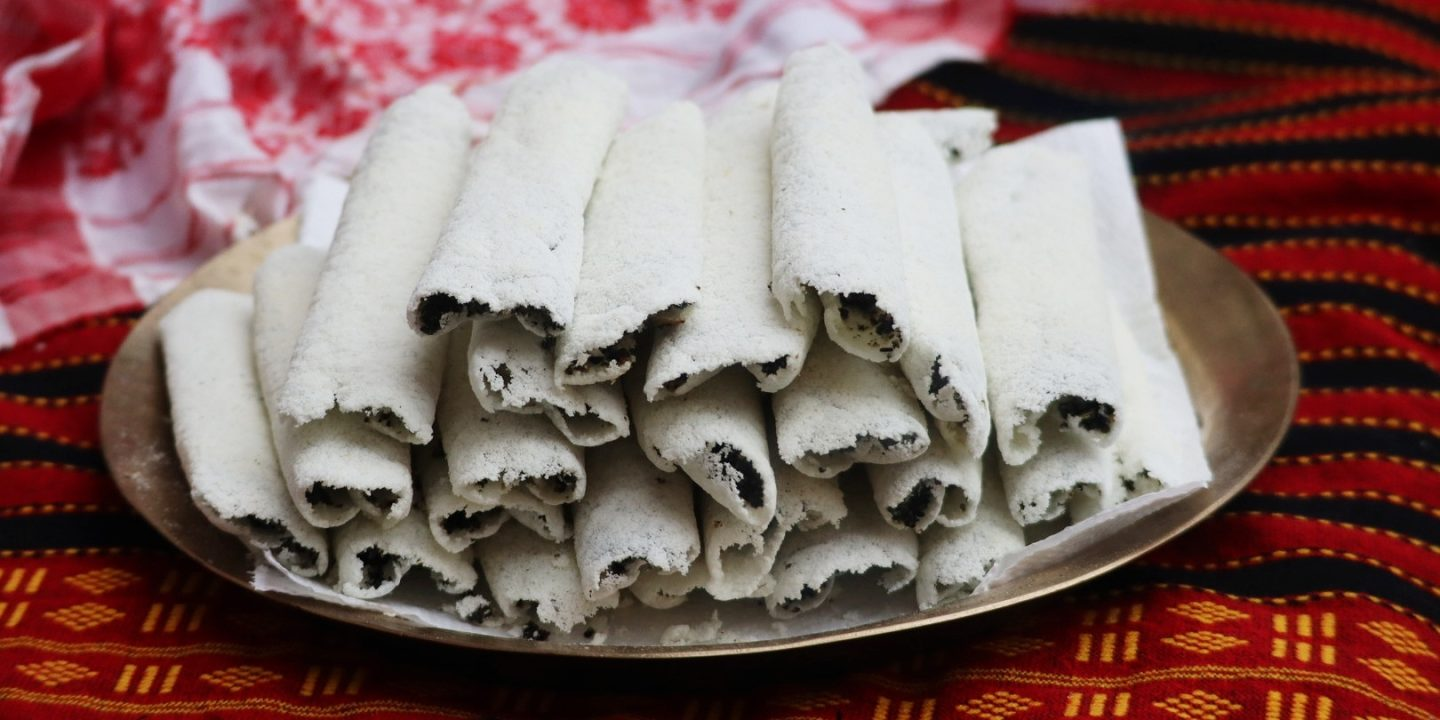
- Jolpan (Traditional Breakfast): Bora Saul is a common element in Assam’s traditional breakfast, called Jolpan. It is often served with milk, curd, or jaggery, making a simple yet nutritious meal enjoyed by all.
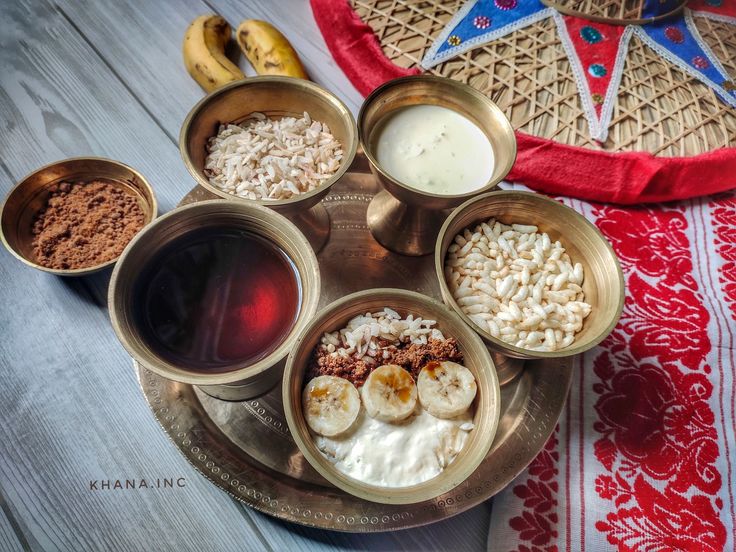
- Rice Beer (Apong/Laopani): Bora Saul is also an ingredient in making traditional rice beer, which holds significance in Assamese tribal communities. This brew is part of many cultural celebrations and symbolizes warmth and hospitality.
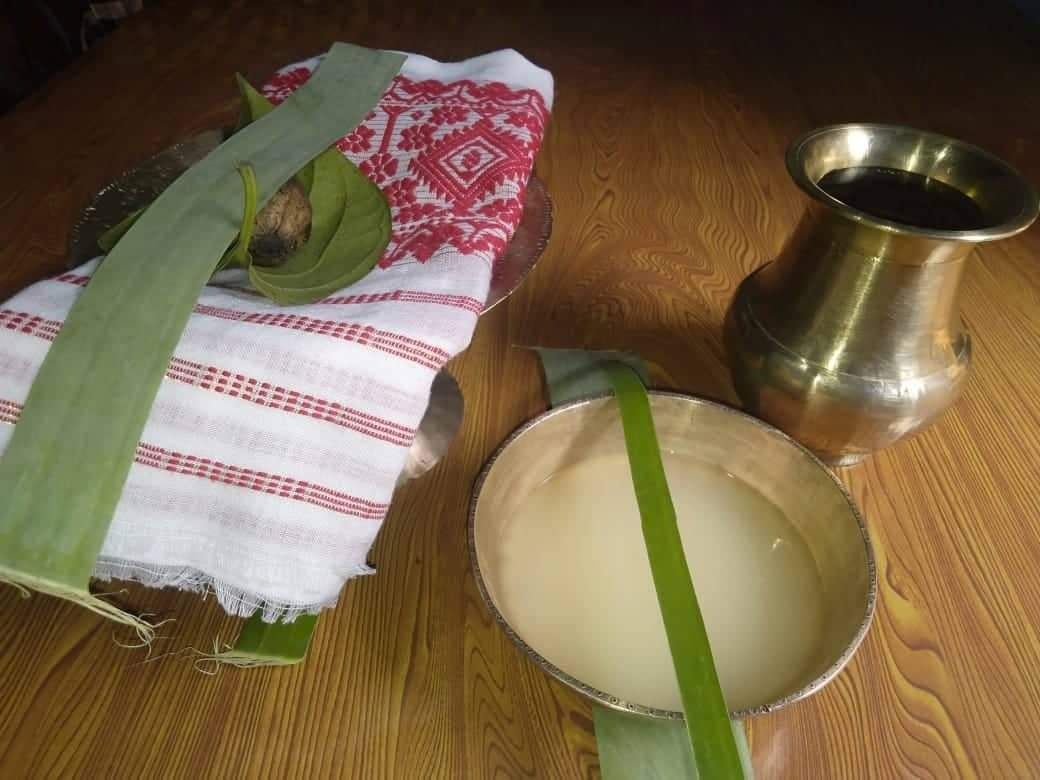
- Bora Saul Payas: This unique dessert, akin to kheer, is made with Bora Saul, milk, and jaggery. The stickiness of Bora Saul makes the payas exceptionally creamy and delicious, a favorite during special occasions.

4. Health Benefits of Bora Saul
Bora Saul is not only culturally important but also offers various health benefits:
- Easily Digestible: The soft texture of sticky rice makes it easy on the digestive system, which is why it’s often given to young children and elderly people.
- Nutrient-Rich: Bora Saul is rich in carbohydrates and contains fiber, which helps provide sustained energy.
- Gluten-Free: Since Bora Saul is naturally gluten-free, it’s an excellent option for those with gluten sensitivities or allergies.
5. Bora Saul and Assamese Identity
The tradition of preparing Bora Saul dishes has been passed down for generations in Assamese families. Each dish holds a story, reflecting Assam's deep connection to its natural resources and traditional farming. Even today, many households continue to grind Bora Saul manually for pithas, symbolizing the preservation of ancestral techniques and values.
6. Conclusion: A Culinary Legacy Worth Savoring
Bora Saul is truly a gem in the Assamese culinary landscape. From Bihu festivities to everyday Jolpan, the rice stands as a testament to Assam's age-old traditions, family ties, and culinary creativity. Whether you're a food enthusiast or a traveler, experiencing Bora Saul is an essential part of immersing yourself in the culture of Assam.
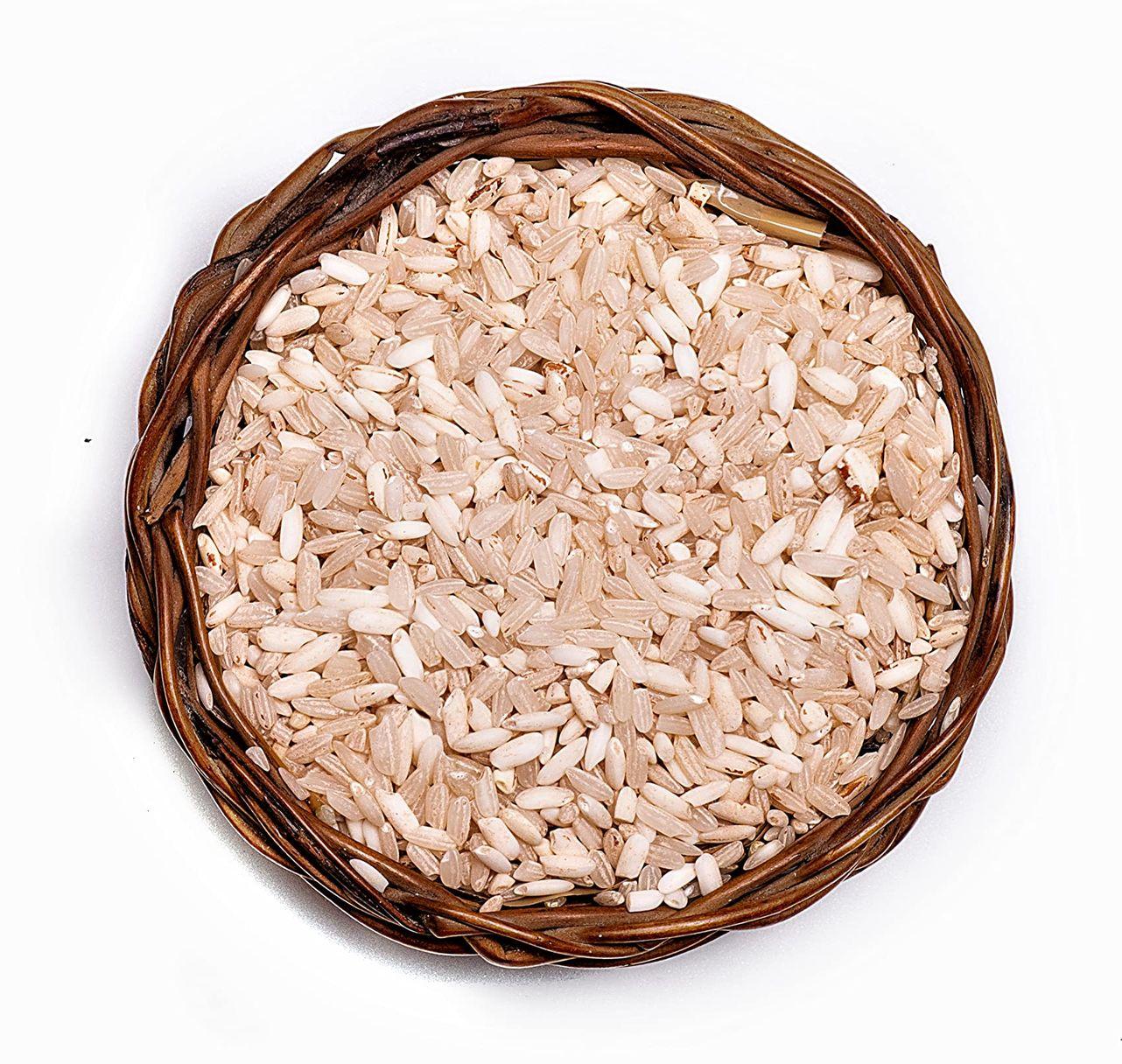
We invites everyone to dive into the exquisite flavors of Assam, with Bora Saul at the heart of the experience.





